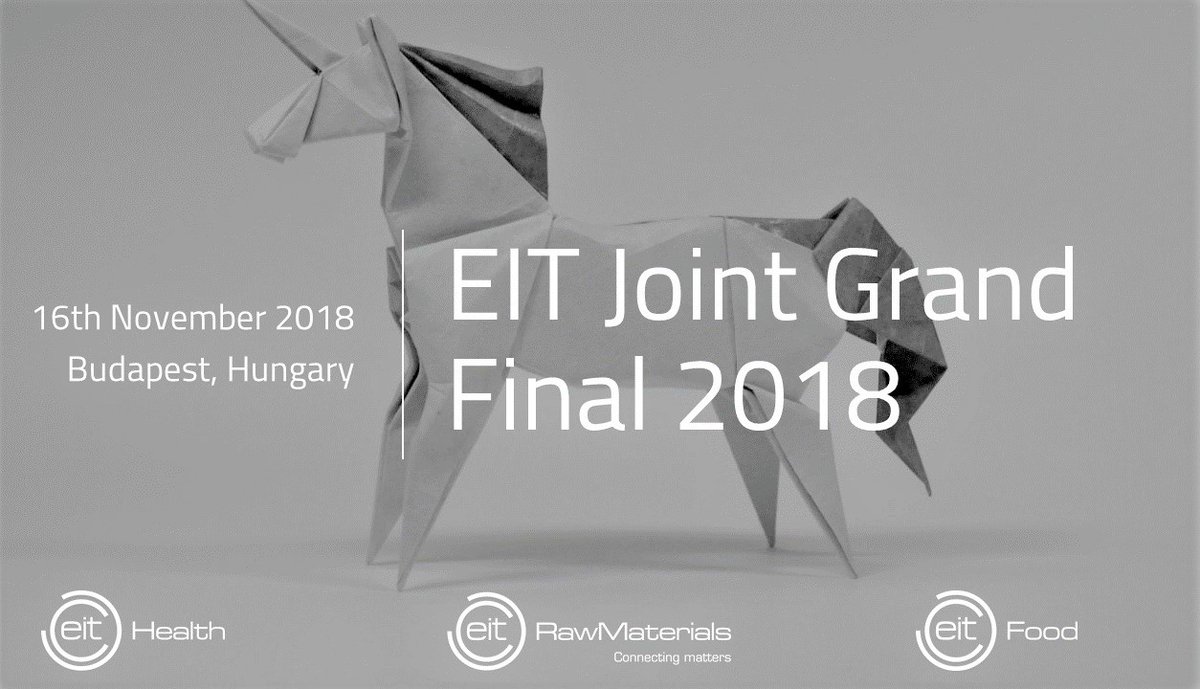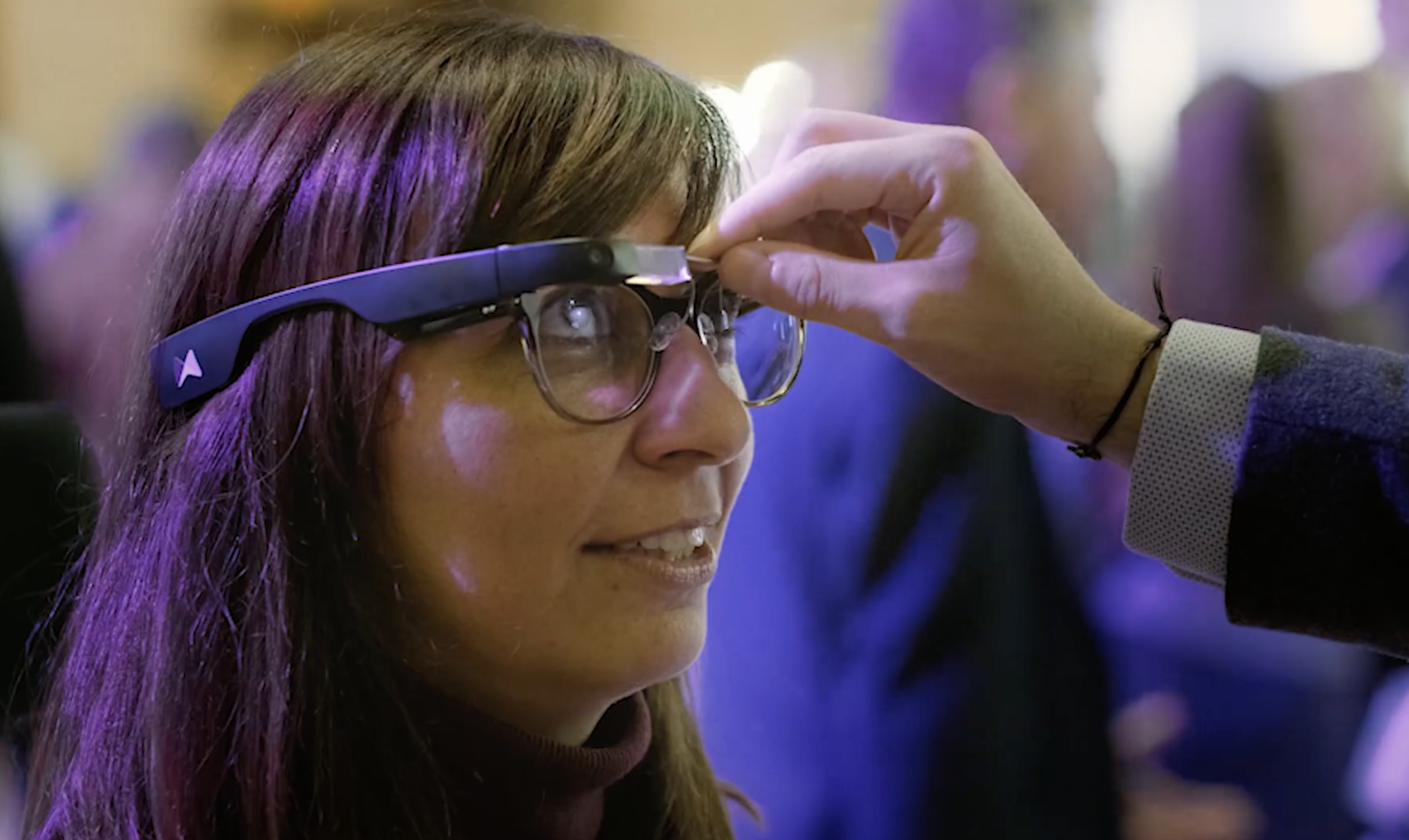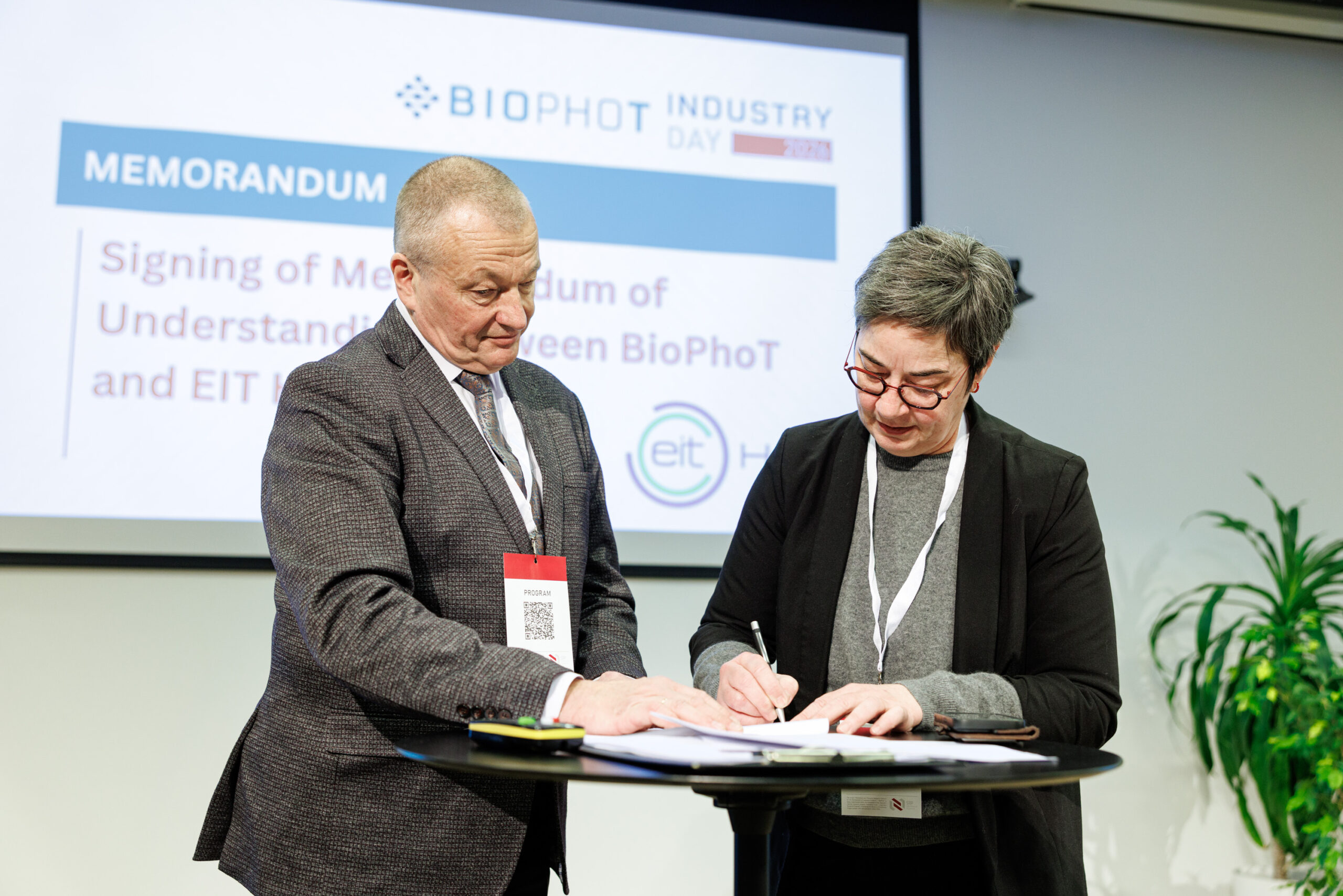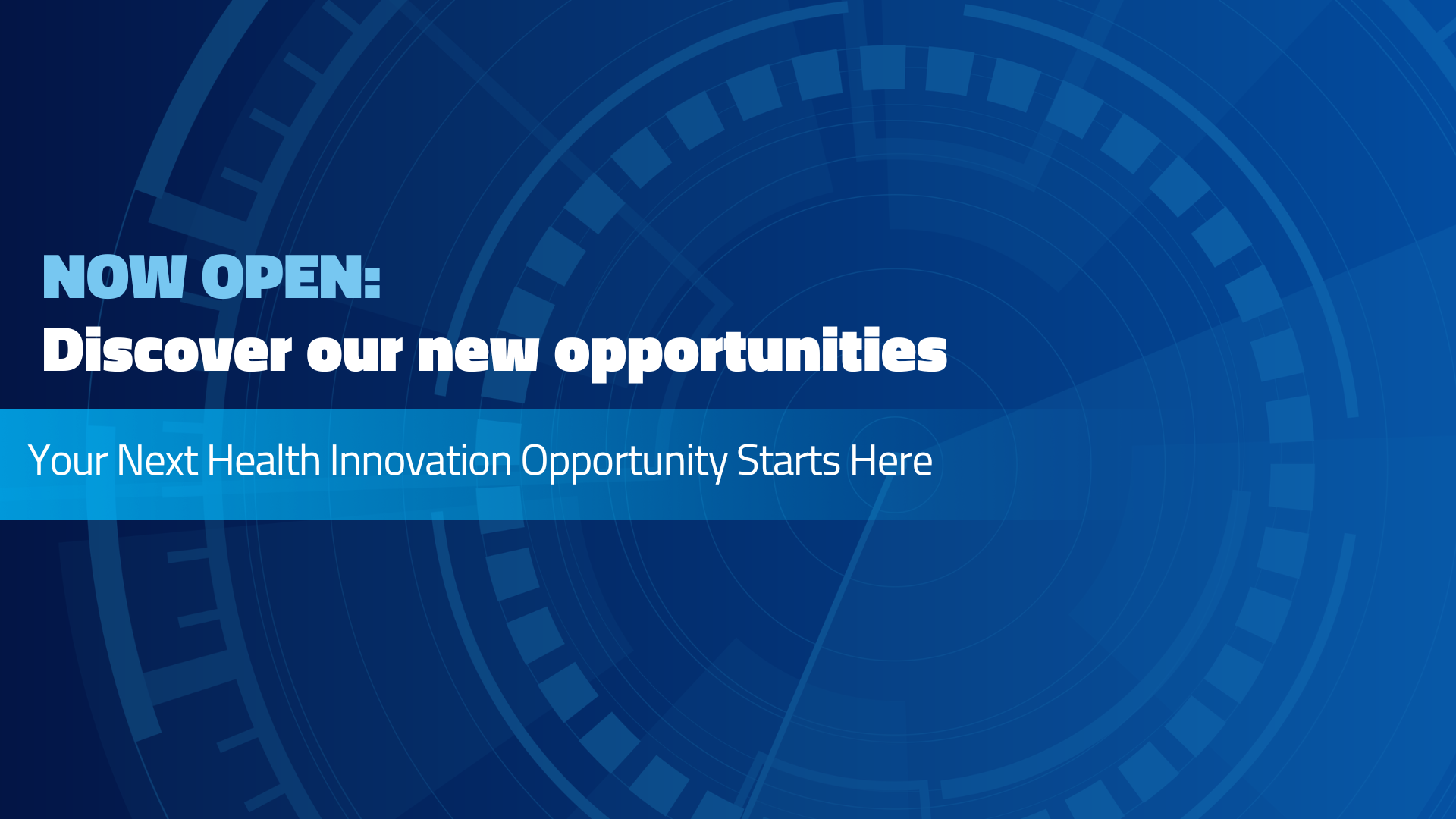21st August 2018
40 finalists and 22 top winners shared €200 000 for further development in the area of health, raw materials and food
The Joint Grand Final in Budapest, organised by EIT Health, selected finalists from 400 innovators who applied to the competition in spring and whose number was three times higher than last year. It was the most prestigious and the biggest start-up pitching contest in the healthcare, raw materials and food industries, and the crowning achievement of six months of training and mentoring.
This was the final stage of the three EIT Health InnoStars start-up competitions and the Joint Business Ideas Competition by EIT Health, EIT Raw Materials and EIT Food. Around 40 young and talented teams from Central and Eastern Europe pitched to international investors, corporate partners and the EIT Community’s networks.

EIT Health’s main goal is to boost innovation and entrepreneurship across Europe. Its support helps innovators and entrepreneurs turn their ideas into products and services for the market.
Successful start-up teams contribute to the overall success of the programmes because through a repetitive process more young talents would apply for start-up competitions, from which more and more success stories could be developed.
Successful start-ups also contribute to job creation, which increases the competitiveness of Europe. EIT Health is boosting innovation in Europe – healthcare start-ups are eager to revolutionise the EU market.
According to the live survey conducted during the finals, 57% of the respondents said that the most valuable tool EIT Health offers was training and mentoring, while 50% underlined the value of networking.
Balázs Zoltán Fürjes, Director of EIT Health InnoStars, added: “We help start-ups develop and we give them training so that they are able to pitch to venture capitals and investors. After the pitch education, they get individualised mentorship – we help them define their business model, we introduce teams to partners, to VCs and regulatory bodies. We also introduce them to companies which can produce their products, their first buyer or a test site. They meet major innovation hubs in Europe consisting of the EIT Health community, which is important when they want to enter foreign markets. If start-ups really deploy successful services, it is also beneficial for the citizens of Europe, because they can live a healthier, longer life.”
The winner of InnoStars Awards is a Lithuanian company, Oxipit, which won € 25 000 for product validation. Oxipit applies artificial intelligence to medical imaging. They have developed a suite of tools for chest X-rays, which is the most frequent medical imaging modality. Oxipit stands out from the competition by covering virtually all pathologies and generating reports as if they were written by a radiologist.
The winner of the European Health Catapult semi-finalists showcase, HydrUStent, received a € 7 000 grant. HydrUStent is a biodegradable, anti-bacterial and tailor-made urological stent which allows patients to avoid another surgery and reduces the treatment cost by 60%.
HeadStart Funding, which was created to accelerate products and solutions in SMEs and bring the companies to an investment-ready stage, awarded two first prizes in the InnoStars region, €12 000 each, to HeartWatch and Koatum.
HeartWatch is a SaaS solution that provides smart alarms to the closest caregiver for better patients’ safety. It uses a proprietary combination of advanced computer vision and intelligent machine learning analytics to keep otherwise unmonitored patients in check, relying on common optical sensors. First developed modules include contactless, continuous medical grade monitoring of heart and breathing rate as well as bed exit alerts.
Koatum is a medtech company offering customisable bioactive solutions to prevent inflammation and accelerate bone integration for a faster, painless recovery.
“The Joint Grand Final was a good opportunity to see and meet new talents and new ideas. They are very brave to show their ideas to the world. The most important challenges for healthcare companies, like GE Healthcare, include the rising cost of healthcare, the growing number of human population on Earth and the number of chronic diseases we have to treat day-by-day. The challenges we face include finding the most cost-effective treatment options for hospitals, so these start-ups may find a good solution to these problems that we can use in our technology and make a more sustainable healthcare system together” – said Peter Bencsik, Consortium Research Leader at GE Healthcare.
The winner of the health section of the Joint Business Ideas Competition was a team from Portugal, called Nebula X Medical, which intends to end the fear, embarrassment and discomfort of colonoscopies in the future, where fewer patients succumb to colorectal cancer. They are developing PillScope, a swallowable capsule that scans the surface of the patient’s colon.
Innovation does not arise in isolation but comes from the mixture of different resources.
Marios Chryssolouris, head of the winning team in the food section of the Joint Business Idea Competition, who won € 10 000, said it was nice to see young people getting in the game and establishing start-ups that tackle real social issues. “The most important thing we received during the competition was valuable feedback on various aspects of our business and good connections to industry partners as well as general advice on how to start our business.
EIT Health brings us up to par with innovation capitals such as San Francisco.” The project is called FreshStrips, and it makes a low-cost, easy-to-read sticker which is put on the outside of a food packaging, and which then changes colour if the food is exposed to unsuitable temperature during transportation.
After the start-up competition, Krzysztof Kubacki, Innovation Hub Director CLC East EIT RawMaterials, said: “This is our second EIT Joint Grand Final and the second year of the Joint Business Idea Competition. Initially, this was an experiment, but it turned out to be much more efficient and valuable, not only for our KICs, but also for the participants from such different thematic areas. What our previous participants emphasize in their feedback particularly, is our interdisciplinary and international approach.
Not only does it provide the participants with a comprehensive view of their respective margins, but, above all, it also shows how much we can all help each other. Innovation does not arise in isolation but comes from the mixture of different information and aspects; nothing can be excluded.”
When Ideas Meet Ambition - How Impact Happens at EIT Health

How Impact Happens at EIT Health
EIT Health and BioPhoT Sign Memorandum of Understanding to Strengthen Health Innovation Collaboration

Strengthening health and life-science innovation in Latvia
